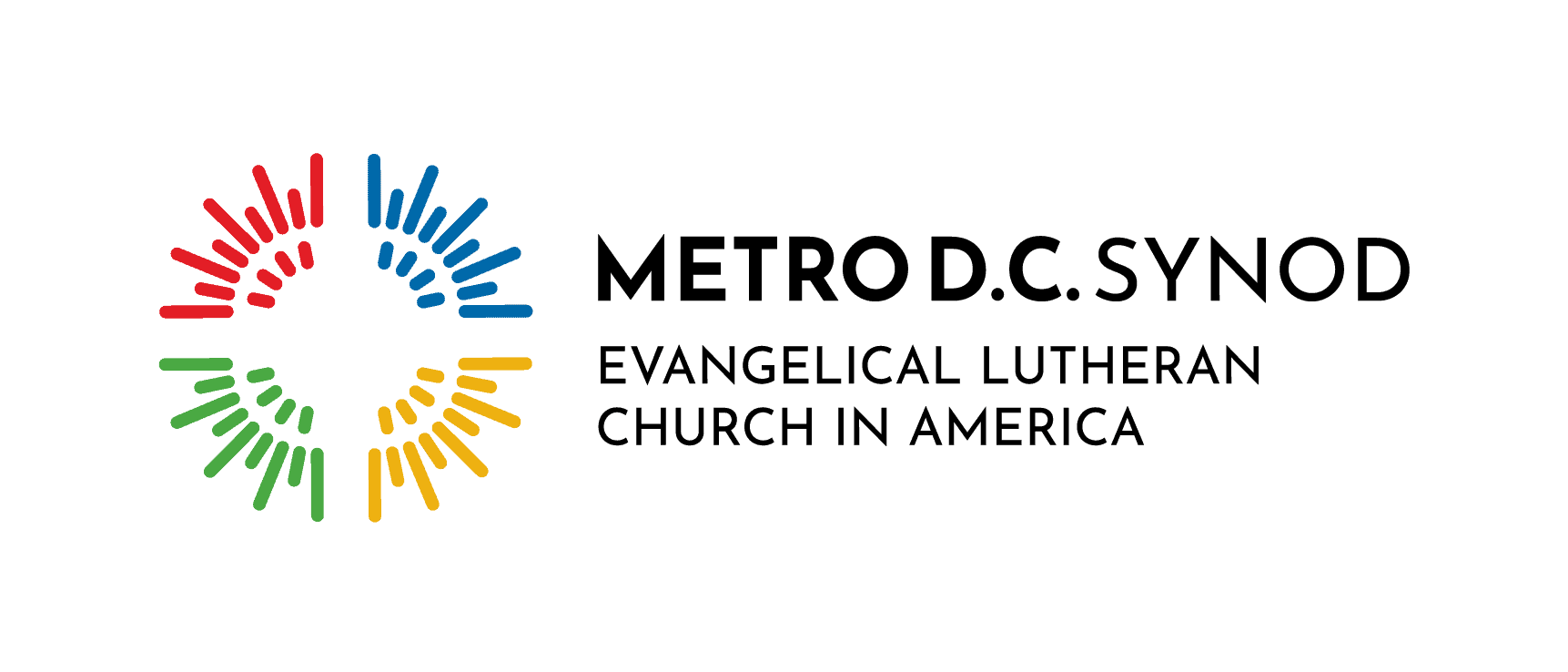From the Bishop’s desk: Listening to Noah*

You probably know this already, but Noah is very popular again just now. A new movie has brought the man with the ark and the animals back into the cultural conversation.
THE MAN, THE MOVIE
Nancy Ann and I saw the movie on its opening night. It’s more a meditation on Noah’s story than it is a version of the Biblical narrative. Noah in the movie is a tormented man who sees the violence in his world and comes to believe that God wants to destroy the entire human race, his family too. He has to be rescued just like the animals in his ark. It isn’t giving too much away to say that he is rescued: by love, and by the power of God to bring new hope out of disaster.
The actual story of Noah in the book of Genesis is much more powerful than most people usually assume. For instance, did you notice in Genesis 7 that Noah doesn’t speak? God tells Noah to take the animals into the ark and announces that the great rain is coming. Into the ark go Noah and his wife and his sons and his sons’ wives, and all the animals and the birds… and you never hear Noah’s voice.
WHAT DID NOAH SAY?

Think about this. Noah doesn’t complain about the work involved in what he has been commanded to do. And he doesn’t spend time sizing up the danger in which he and his family are soon going to be involved. The ancient people of God in Psalm 107 thought the ocean was dangerous and chaotic under normal circumstances. Nobody went out on the water that wasn’t a little bit crazy. But Noah never asks God if there isn’t some other way to protect life.
THE RESCUE
This is the hardest for us to understand. Noah doesn’t question the justice of God or suggest that God is making some mistake here. To obey, to deal with the situation as it is, to act decisively in the looming disaster: this is Noah’s greatness.
The Bible says that it’s out of his obedience and out of his righteousness that the world we know is rescued. And you remember that to crown the end of Noah’s story, God creates the rainbow as the sign of the covenant between creation and Creator that will endure as long as time itself endures.
I, like many of us, am not so good at quiet, quick obedience. I like God to explain things to me in great detail, and I expect God to be heavily influenced by my opinion of what God ought to do. I am particularly convinced, as many of us are these days, that whatever new work God is doing should come on gradually so that I can adapt.
STILL SWEEPING
But in fact, in both our personal lives and in the lives of our churches, a lot of what people like you and I take for granted is just being swept away.
Our easy assumptions that people with fancy educations and retirement portfolios and light-colored skin tones are the ones for whom this world was made aren’t going to last. Our historic conviction that if people want to know about God they will seek out churches and ask politely and trust church leaders to explain everything to them is already an inadequate understanding of our religious situation.
Life is changing. God is doing different things in the world now. And these different things can feel dangerous.
BOARD DECISIVELY

In a critical situation, with everything hanging in the balance, Noah got onto the ark. We need to learn how to be decisive like he was, to save ourselves and others, and to save a lot of what we think is precious in our world.
And when we are decisive, when we do follow what we know of God’s will swiftly and bravely, we discover that God has been acting on our behalf all along.
LENGTH OF GOD’S LOVE
I said the rainbow is one sign of this. The cross is the better sign. By means of the cross we see the length to which God’s love already goes for us. By means of the cross we see that in some amazing, terrifying way God endures the judgment of God, the punishing flood falls on God’s own son, so that the peace of God can be for all of us.
In Jesus there is another Noah, gathering into a bigger ark now not a few people but a multitude, saving them not only for the sake of a richer life in this world but keeping them safe for the life of the world to come.
We have the chance all over again to learn that God is strong and God is to be trusted. Let us put God to the test. Take the ark out and face the storms and see where we wind up. It worked for Noah. It will work for us.
And the peace of God, which passes all understanding, will keep our hearts and minds in Christ Jesus, now and forever and ever. Amen.
*This post contains excerpts from the sermon preached by Bishop Graham at the Lenten Eucharist on April 8, 2014.
**”Noah Hears from God” is a famous Bill Cosby comedy routine from 1965. Watch it at www.youtube.com/watch?v=bputeFGX#jA and elsewhere.


